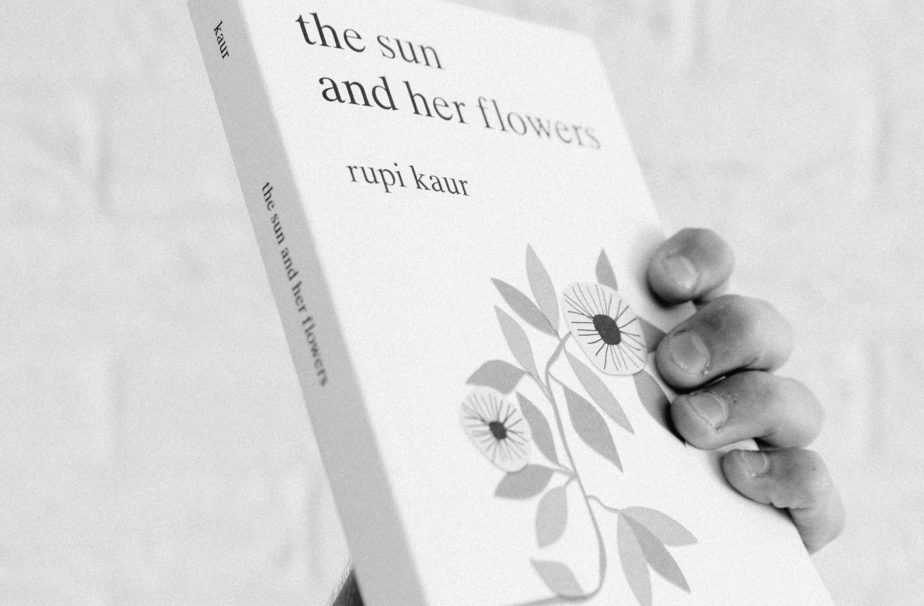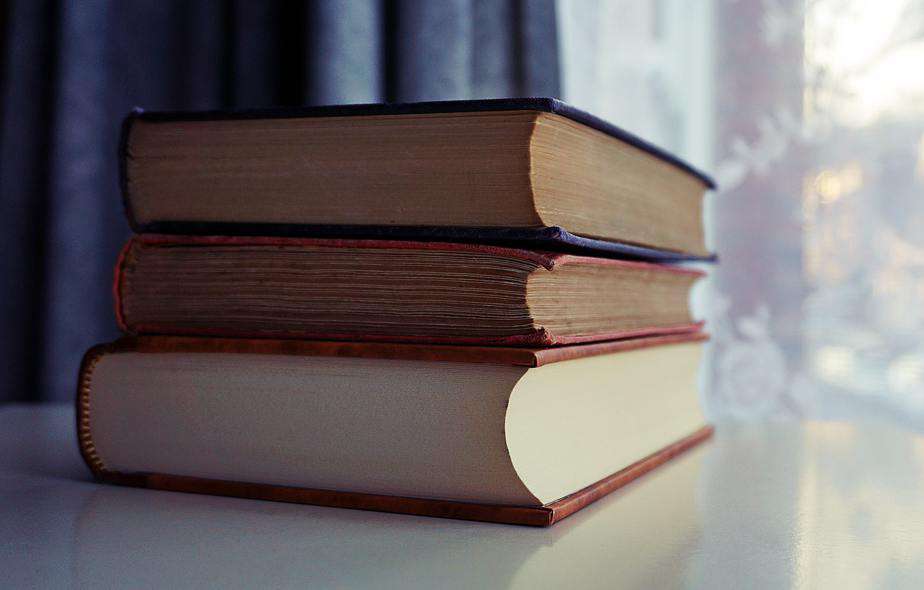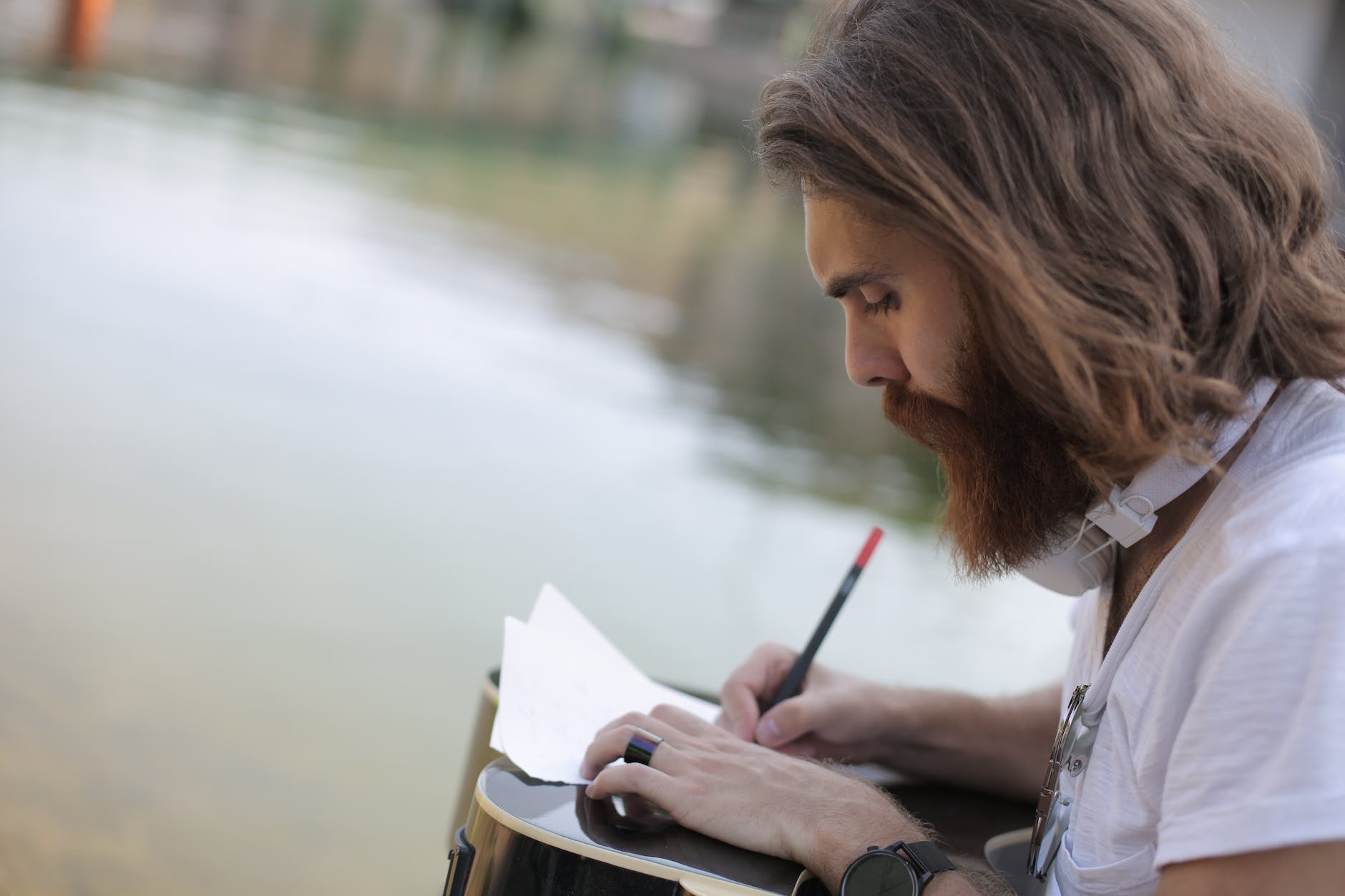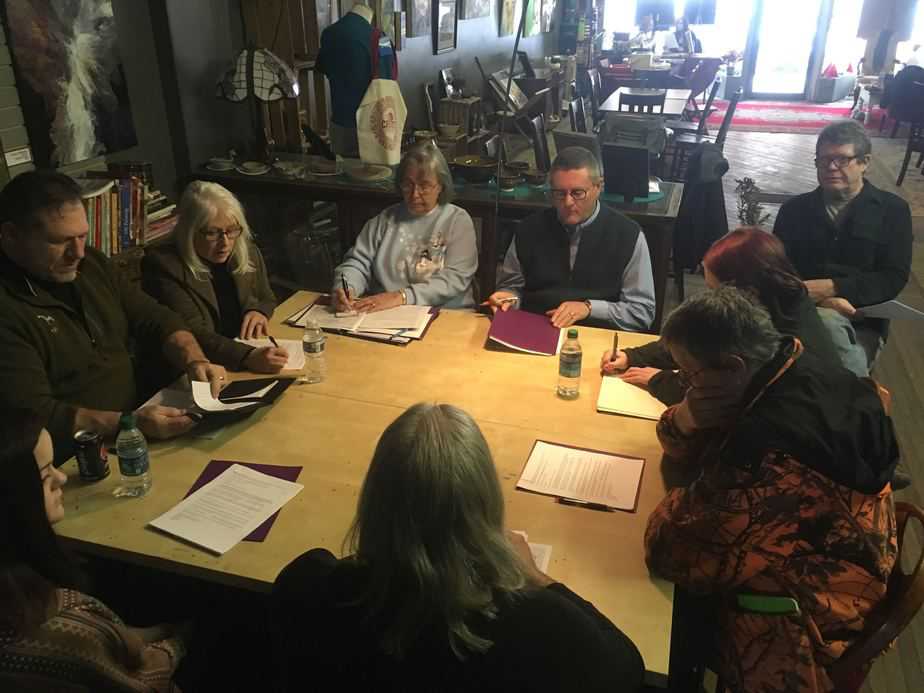by Jo Scheier Bugay
When does poetry matter?
A long flight across the country recently gave me the chance to spend time with a book: “The Best American Poetry 2018.” I anticipated with pleasure the hours I’d have, reading it cover to cover— an indulgence I didn’t often find in between work, family, and other demands.
Little did I know that the two introductory essays, written by the series editor, David Lehman, and the guest editor, Dana Gioia, would intrigue me almost more than the poetry itself, as good as it sometimes was. In their essays, they each raised questions about what poetry is and isn’t, and when it is worthy. Central to the essays was the question: When does poetry matter?
This question is often at the heart of discussions, musings and, it must be said, arguments I’ve either witnessed, or engaged in directly. What fascinated me as I turned the pages of this book was that the editors themselves did not completely agree.
“Language charged with meaning”
Lehman has been editing the ‘Best American Poetry’ series for decades. In this year’s foreword, he discusses the ‘universally acknowledged truth’ that few people buy poetry books. And yet, he comments rather peevishly that the number of people who want to be poets has grown exponentially. At the same time, the academic industry, as he dubs it, has likewise ballooned in order to teach these aspiring poets, in spite of that fact that only 6.7 percent of the population reportedly read even one poem in 2015.
That’s a lot of unemployed poets with college loans.
One would think a lover of the genre would welcome, then, the current trends that are breathing new life in the corpse. The power of online forums like YouTube and Instagram has introduced poetry to a new generation of listeners, while encouraging the multitudes, as Lehman calls them, to write.
Alas, Lehman does not rejoice. From his vantage point, these new distribution channels have merely encouraged too many ‘Shagpats’ to write poetry in spite of their lack of talent or inspiration. Lehman goes on to despair over the popularity of Rupi Kaur, a Canadian woman born in India, and the ‘queen of Instagram poets.’ While apparently suffering from the aforementioned lack of talent while writing what Lehman calls ‘greeting card verse,’ Ms. Kaur has sold 2.5 million copies of her first book— a number surpassing the 1.5 million Instagram followers she enjoys.
The best Lehman can say about Rupi Kaur is that her verse may serve as a gateway to ‘the real stuff.’ I couldn’t help wonder if some good old-fashioned jealousy— an emotion often the subject of poetry— wasn’t on display.
What has happened, Lehman laments, to poetry as “language charged with meaning,” conveyed by words in the best order? Poetry should be ‘language that sounds better and means more,’ Lehman reminds us. Apparently Rupi Kaur, by virtue of her very popularity, and verses like “if you are not enough for yourself/ you will never be enough/ for someone else,” doesn’t fit the bill.
Rupi is waxing poetic all the way to the bank and another book deal.
A new bohemia of poets
On to the guest editor, Dana Gioia, who begins his essay considering some of the same questions, and agreeing that poetry’s audience has declined significantly in recent years. But amid the ashes of the cataclysm, he notes an anomaly: it’s the youngest group of adults, ages 18 to 24, who read the most poetry. Theirs was the only group which saw any growth.
Here’s the catch. These ‘readers’ consume their poetry through the very same on-line forums that Rupi Kaur has optimized. Gioia notes that today’s poets reach their audience through readings, either live, or transmitted. And, the poets these young readers follow write from a culture infused with the beat and rhythms of hip-hop. This is poetry meant to be spoken. Slammed.
The impact of these trends on academia is profound. As Gioia asks, how did Kool Herc, the father of hip-hop, change the very nature of poetry without an English degree? There is only one conclusion, he asserts: today’s poets do not need a degree. They write while they work as baristas, bookstore clerks, or in law, medicine, and business. Social media is the great equalizer: an online journal requires virtually nothing but someone’s time. Gioia exults that this new Bohemia of poets, existing outside the academic economy, is a vigorous alternative culture. “They have diversified, democratized and localized American poetry,” he crows.
Had I not already been at 35,000 feet above the Badlands of Montana, my very soul would have soared at Gioia’s words. Except for the ‘young’ part, he could be talking about me. I am a poet without an MFA in English (although I have a BA in Liberal Arts and a Masters Degree in another field). I have spent three decades in business. Yet, I have published two books of poetry, completely outside of academia. My poems have appeared in on-line journals. My life in Bohemia!
The gatekeeper of worthy poetry
Not so fast, I’m afraid. After reading the essays, I turned to the Table of Contents— the list of the seventy-five poets who had been chosen for this, the BEST AMERICAN POETRY in 2018! For all the hype about an alternative culture, the demise of academia as the gatekeeper of worthy poetry is greatly exaggerated.
Consider this. Of the 75 poets selected by Mr. Gioia, a full 58.6% of them— nearly six in ten— were academics. They had MFAs, and they taught within the bastions of academia: Harvard, Yale, Dickinson, Bucknell, Sarah Lawrence, Boston University, Purdue, Cornell, Vanderbilt, Vermont College, Stanford, Ohio University… the list goes on. Add to this majority the twelve percent of the poets who had either an MFA or Ph.D, but did not teach. Still, they were affiliated with academia; they were editors, writers-in-residence, or in the process of finishing their studies. Finally, a mere 28% of the chosen poets, according to their bios, were truly inhabitants of that new, exulted Bohemia. One was a minister, another a prisoner; one dropped out of an MFA program, and one was an entrepreneur. The rest were coy— they wrote sparse bios that only mentioned their books. In my cursory analysis, I put them in the category of the new, democratic poet, since it was such a minority anyway.
Statistically, it was far more likely they too were a product of the academic economy.
The genre has a way to go if, after the assurances of the guest editor that degrees don’t matter in order for poetry to be worthy, only three in every ten poets selected for the vaulted “Best Of” series were not the product of an MFA or Ph.D program.
Rupi Kaur was certainly not among them.
Taking poetry into the boardroom
As it turns out, the guy next to me was reading a book of poetry by David Whyte. “Have you heard of him?” He asked me. I admitted that I hadn’t. “He’s really interesting,” my seat mate continued. “He’s taken poetry into the boardroom and made it relevant in the business world. He’s done a TED talk.” I promised to look him up.
With that, the plane lowered its landing gear and descended. I packed up my book, and headed up the aisle into the business world. At the same time, a poem began percolating in my head.




